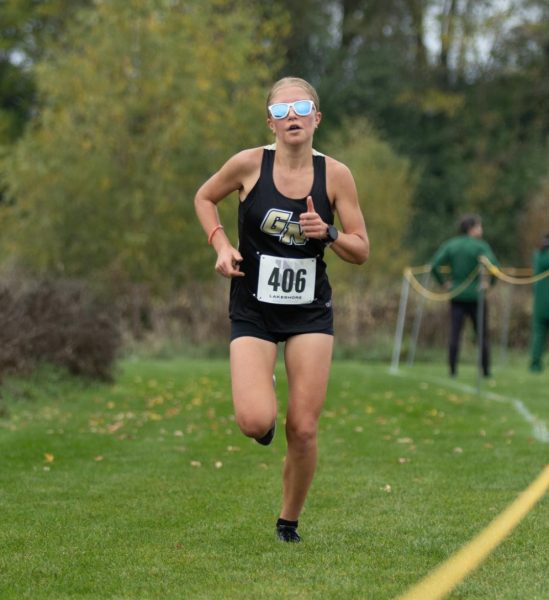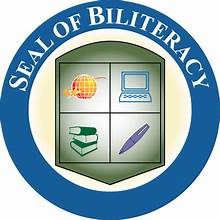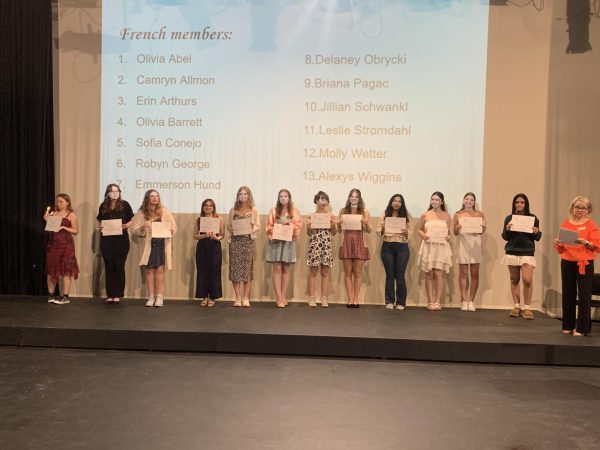Teachers earn more degrees
Teachers reflect within their careers on the impact of getting their degrees. Many teachers have a master’s in the subjects they teach, education, or are certified in English as a Second Language (ESL).
“I got started on my master’s as soon as I could to get a head start. It took about another three years to complete,” said AP Environmental Science and Chemistry teacher Joseph Rogalski.
A master’s is a degree that a university or college will grant after showing “mastery” knowledge in a specific subject. Some teachers have been able to pursue their master’s while also maintaining their jobs.
“Luckily, Roosevelt University had a program that I could take over the summer. I would be there from about 9:00 a.m. to 6:00 p.m.,” said English and Theatre teacher Clare McConville.
However, teachers can work toward other endorsements other than degrees. English teacher Patrick Green is currently taking classes to earn an ESL certification.
“I wanted to be able to learn more on how to teach my students. Even though a student can be fluent in English, there’s another level of being able to comprehend and learn in another language,” Green said.
As teachers reflect, they recall what it is like to be a student and be in that position.
“For me, it definitely gave me more perspective to what it’s like to be a student. I now remember how stressful it is to have multiple assignments and handling so much at once, but remembering that made me a better teacher,” McConville said.
“Once I learn a new skill, I can’t wait to apply it in the classroom and see how it influences my students,” Green said.
To obtain a masters, colleges and universities require a demonstration of knowledge through work.
“For my degree, I ended up creating and growing coral and researching how they grow in different stimuli. It was a tank that contained over 50 pounds of water,” Rogalski said, “Then I would research my discoveries and make conclusions to showcase what I know.”




